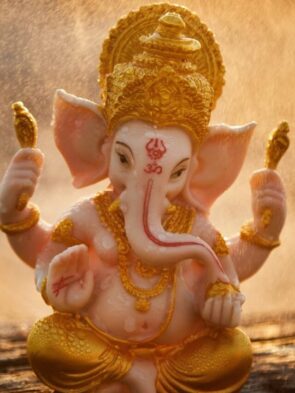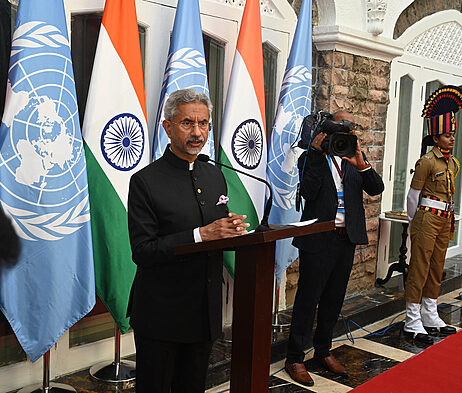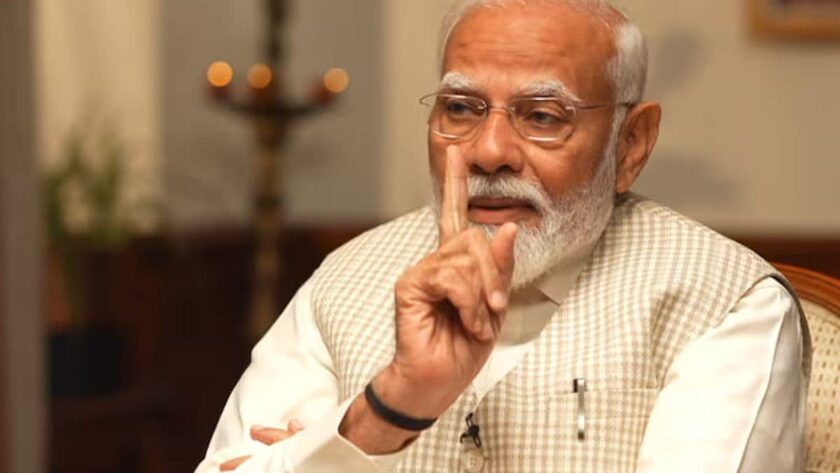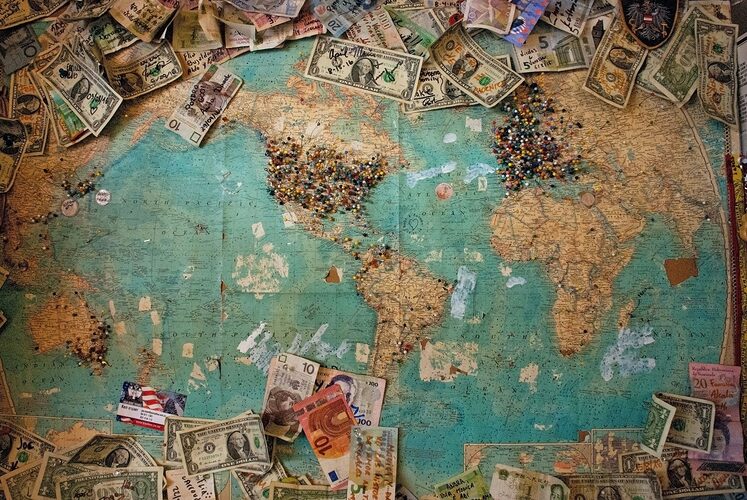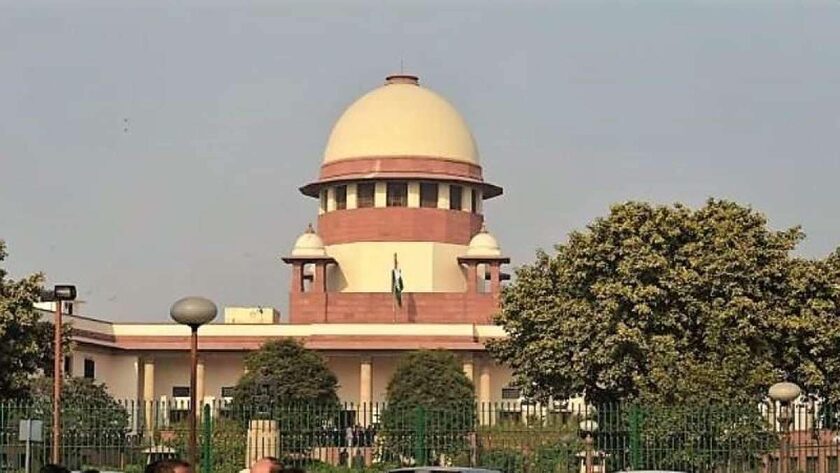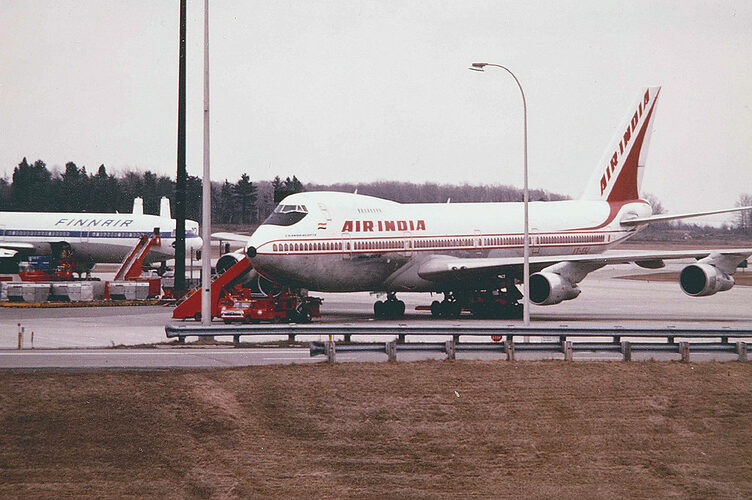India will secure a permanent seat at the United Nations Security Council; however, the path to achieving this goal will not be simple, as numerous countries aim to impede our progress, stated EAM Jaishankar on Saturday.
External Affairs Minister Jaishankar, who is here to attend the two-day Indian Ocean Conference, said that he was 100 per cent confident that India will get a permanent seat. “I see the change as to how differently the world looks at India now as he goes around the world,” he added.
“We will get there. I am 100 percent certain we will get there. But I will also tell you that honestly, we will not get it easily because the world is full of competition,” he said in response to a question at an interaction with the Indian community here.
“Some will try to block us, will make that passage difficult or put some kind of obstacles, some kind of argument in the way,” he said, without naming any country. But I’m confident we will get there and I’m more confident today than I was five years ago or 10 years ago,” the external affairs minister said.
“As I go around the world, often I hear this from people that ‘look, you can say things we can’t say. We trust you to say this as we have our constraints,” he said, highlighting how India has already just naturally put across a position which is a collective position for all of them.
He said that there were many issues where the interests of many were involved but the global debate was dominated by a few.
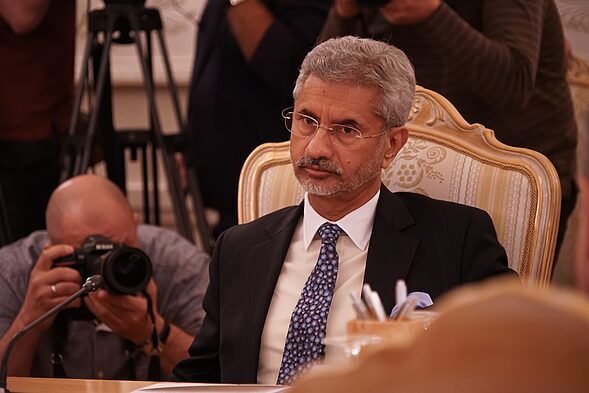
“It could be about the energy crisis, a lot of countries have a debt situation today. It could be about culture and heritage as everybody doesn’t want to be overwhelmed by others’ cultures. In a sense, today India is trusted and well-regarded. there are a lot of countries who want to see us there,” Jaishankar said.
He said that in the many elections held in the different bodies of the United Nations, India constantly does well in these elections. “We often do better in those elections than the five who are already in the Security Council,” the minister said.
“We enjoy, in that sense, the trust and confidence of the world. But again, as I said, look, we have this period, this 25 years is a very vital period for us. We have laid the foundation for the take-off in these 25 years and that 25 years will of course be years of transformation in India, but it will also change India’s position in the world.
He said India will be a much bigger economy and will wield a much bigger influence in the world. “So our time is coming, you know, but we have to work for it,” the minister stressed.
He said India needed to make sure things were right at home. “The path we have followed, we have to ensure we get everything right. We now need to sort of accelerate that and go forward. And I’m sure that if it takes place, we will get there,” the minister added.
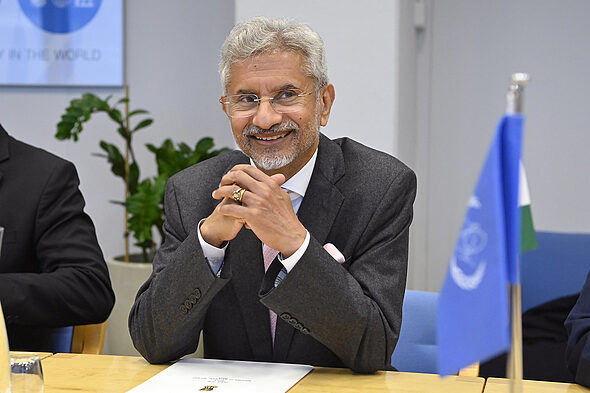
In December of the previous year, the minister boldly expressed his opinions regarding the UN Security Council, comparing it to an antiquated club that refused to loosen its hold on power. He criticized the council’s members for their reluctance to embrace change and their resistance to scrutiny of their practices. By likening them to an old club, he emphasized the exclusive nature of this influential international body, implying that its members were more interested in maintaining their privileged positions rather than fostering transparency and inclusivity. This statement from the minister highlighted his dissatisfaction with the council’s functioning and his desire to see reform and progress within this important global institution.
India has consistently advocated for the reform of the UN Security Council, believing that its rightful place as a permanent member has been long overdue. The current structure of the Security Council no longer accurately reflects the geopolitical realities of the 21st century. India, as the world’s largest democracy, a rapidly growing economy, and a responsible global player, has proved its capability to contribute significantly to international peace and security. With its diverse and vibrant society, India possesses a unique perspective on global issues, making it imperative for the country to have a permanent seat at the UN high table. By advocating for reform, India seeks to ensure that global decision-making reflects the evolving dynamics of the international community in a more inclusive and representative manner.
At present, the United Nations Security Council (UNSC) is composed of five permanent members, namely China, France, Russia, the United Kingdom, and the United States. Solely the permanent members possess the authority to exercise a veto over any significant resolution.
With inputs from ANI and X


